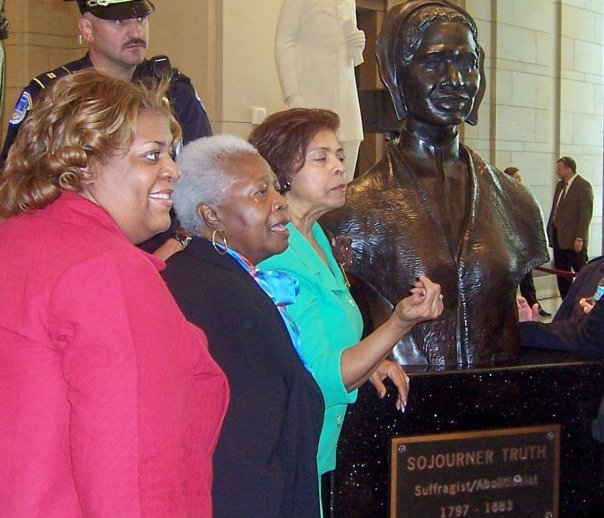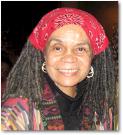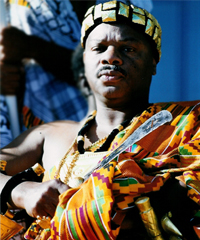I didn’t make it to see Sonia Sanchez as I planned on Wednesday. Caring for my family and home wore me out. There were the doctors’ appointments, the medicating of cuts, the comforting of crying children, yadda, yadda, yadda. I had to rest my tired body and soul. I wanted to see and hear Sanchez, but that just wasn’t prudent. Anyway, the more I thought about Sanchez’s quotation regarding writing to keep in contact with our ancestors, I realized I didn’t need to ask her what she meant, though it would have been nice to have her view confirmed; my initial intent when presenting the quotation was to talk about the whole notion of acknowledging the dead.
Let me say right now: we must acknowledge our ancestors, those living and dead. We gain strength from their greatness; we understand our ancestral legacy; we know what’s good to follow and what changes we need to make based on their successes and failures. Our health depends on acknowledging them: our racial health, physical health, emotional health, political health, spiritual health. I think you get what I’m saying. It’s up to us to always remember and to inform our progeny of familial history.
The question for me is never do we acknowledge our ancestors but “How do we acknowledge them?” I told of a cautionary tale in my “Death of a Superwoman.” I mentioned a bit in my “Proper Tribute” post. But now and in the next few posts, I want to discuss as God’s Woman following God’s Word the proper and improper ways to acknowledge our ancestors. This is important for me as a recovering strong black woman with the collective legacy of racial and gender oppression. Even with these factors, God’s Word must trump my race and my gender. What are your thoughts? What do you think are the proper and improper ways to acknowledge ancestors? I’ll start by saying this picture displays a great way to acknowledge a great woman of our past.
Copyright 2009 by Rhonda J. Smith



